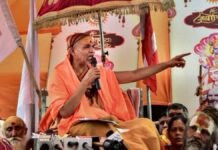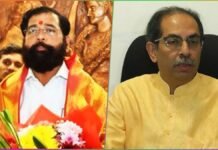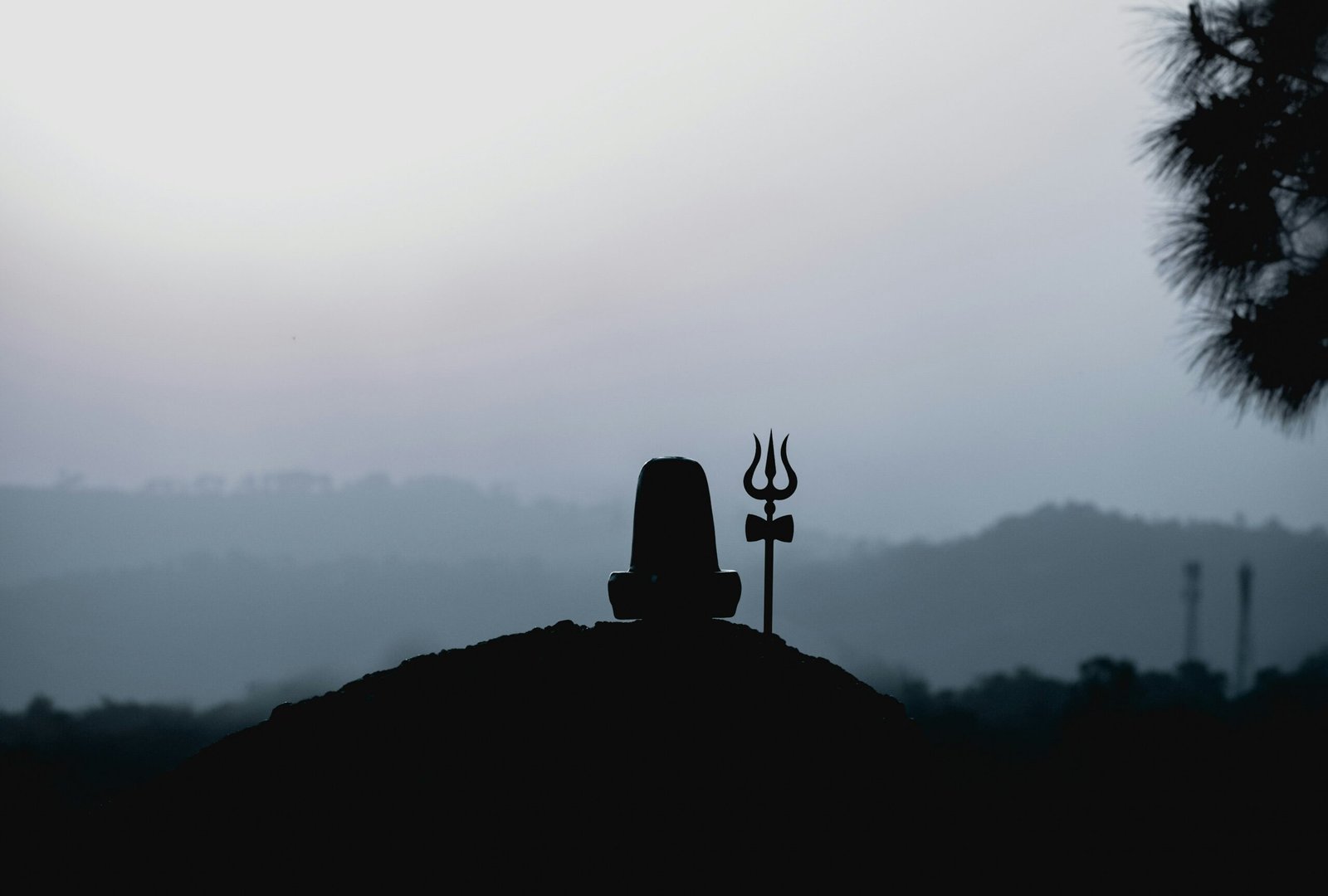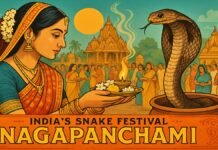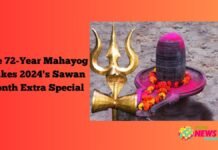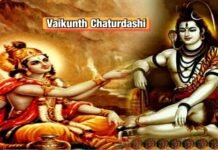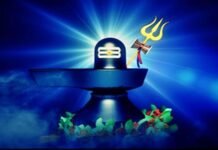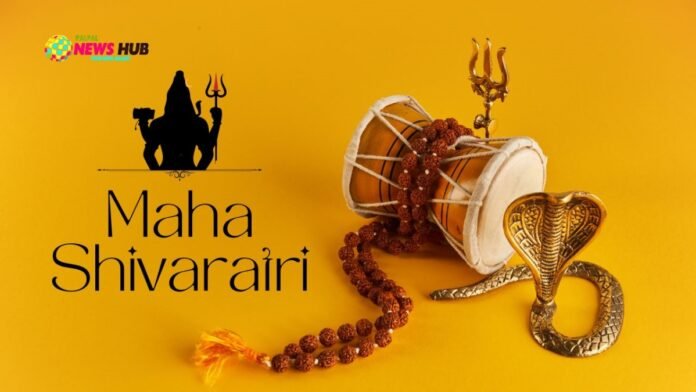
The Hindu festival of Shivaratri, also known as Maha Shivaratri, is a significant religious observance celebrated by millions of devotees around the world. This annual festival is dedicated to Lord Shiva, one of the most important deities in Hinduism. Shivaratri, which translates to “the night of Shiva,” is celebrated on the 14th night of the dark fortnight in the Hindu month of Phalguna or Maagha.
Legend and Significance
According to Hindu mythology, this auspicious day marks the wedding anniversary of Lord Shiva and Goddess Parvati. It is believed that on this night, Lord Shiva performed the heavenly dance of creation, preservation, and destruction. Devotees observe Shivaratri to honor Lord Shiva’s divine presence and seek his blessings for a prosperous and fulfilling life.
Shivaratri holds great significance for different reasons. It is believed that observing fasts and performing rituals on this day can help devotees cleanse their sins and attain spiritual enlightenment. It is also believed that Lord Shiva himself grants boons and blessings to those who observe this festival with utmost devotion.
Observances and Rituals
Shivaratri is observed with great enthusiasm and devotion by devotees worldwide. The celebrations typically begin with devotees taking a ritual bath in the early morning and wearing clean clothes. Many devotees observe a strict fast throughout the day, consuming only water, milk, fruits, and other fasting-friendly foods.
Temples dedicated to Lord Shiva are beautifully decorated, and devotees offer flowers, fruits, and milk to the deity. Special prayers and hymns are chanted throughout the day and night to seek Lord Shiva’s blessings. Devotees also engage in meditation, yoga, and recitation of sacred texts to deepen their connection with the divine.
One of the most prominent rituals of Shivaratri is the continuous chanting of the mantra “Om Namah Shivaya” throughout the night. Devotees stay awake all night, engaging in devotional activities and singing hymns in praise of Lord Shiva. This practice is believed to cleanse the mind, body, and soul and bring spiritual awakening.
Cultural Celebrations
Shivaratri is not only a religious festival but also a cultural celebration. In many parts of India, especially in the northern regions, grand processions are taken out with people dressed as Lord Shiva and his divine entourage. These processions are accompanied by music, dance, and performances depicting various episodes from Lord Shiva’s life.
In some regions, devotees reenact Lord Shiva’s tandava dance, a cosmic dance that symbolizes creation and destruction. The fervor and enthusiasm with which Shivaratri is celebrated vary from region to region, but the underlying devotion and reverence for Lord Shiva remain constant.
Shivaratri is a festival that holds immense spiritual and cultural significance in Hinduism. It is a time for devotees to connect with Lord Shiva, seek his blessings, and embark on a spiritual journey. The festival reminds us of the eternal cycle of creation, preservation, and destruction and the need for balance and harmony in life.
Whether it is through fasting, prayers, or cultural celebrations, Shivaratri brings people together in devotion and reverence for Lord Shiva. It is a time to reflect on one’s spiritual journey, seek inner transformation, and find solace in the divine presence of Lord Shiva.




